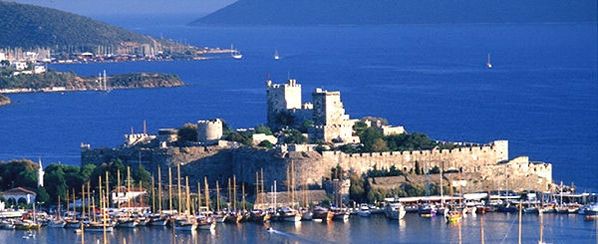IT’S been reported that Turkey was rocked by 26,290 earthquakes in the first seven months of the year, marking the most seismic activity the country has experienced in 15 years.
Some 18,678 earthquakes had a magnitude of up to two, 6,469 quakes had a magnitude of between two and three, and 993 quakes had a magnitude of between three and four.
In terms of the magnitudes of 2017 quakes, there were 135 tremors with a magnitude of between four and five, 13 with a magnitude of between five and six, and two with a magnitude of between six and seven.
It has caused expats in the wider Aegean region to raise questions about DASK earthquake insurance what it covers and advice on what to do during an earthquake. Here we cover the basics of what to do.
Since the application of the Compulsory Earthquake Insurance began on September 27, 2000, both the institution and the insurance companies have organized numerous campaigns to increase the insurance awareness in the society.
Experts note, however, that the insured ratio is still not at the desired level. Only 45.5 percent of the 17.6 million properties in Turkey are covered by Compulsory Earthquake Insurance.
Murat Kayacı, chairman of the DASK, said that while the number of insured houses increased by 102 percent in the last 5 years, the insured rate which was 23 percent in 2012 is now approaching 46 percent today.
Mehmet Şimşek, Deputy Prime Minister responsible for the economy, stated that the Natural Disaster Insurance Institution (DASK) will work jointly with the Ministry of Environment and Urbanization in order for the damage detection procedures to be carried out quickly after a major earthquake that may occur in Turkey.
“DASK will benefit from the outputs of the Ministry’s damage assessment works thus ensuring effective use of public resources. ” said.
Simsek said DASK’s operational capacity should also be developed further.
He said: “For this purpose, a protocol was signed between the DASK and the Ministry of Environment and Urbanism, which will be supported by the personnel of the Ministry in order to carry out the damage detection process rapidly after a major earthquake that may occur.
“This is so DASK will benefit from the outputs of the damage assessment works carried out under the Ministry’s mandate, work in different institutions will be provided on-site twice is prevented from making effective use of public resources.
“We have the resources to urban renewal meeting in my other hand to reduce the risk of earthquakes presidency. ”
.
